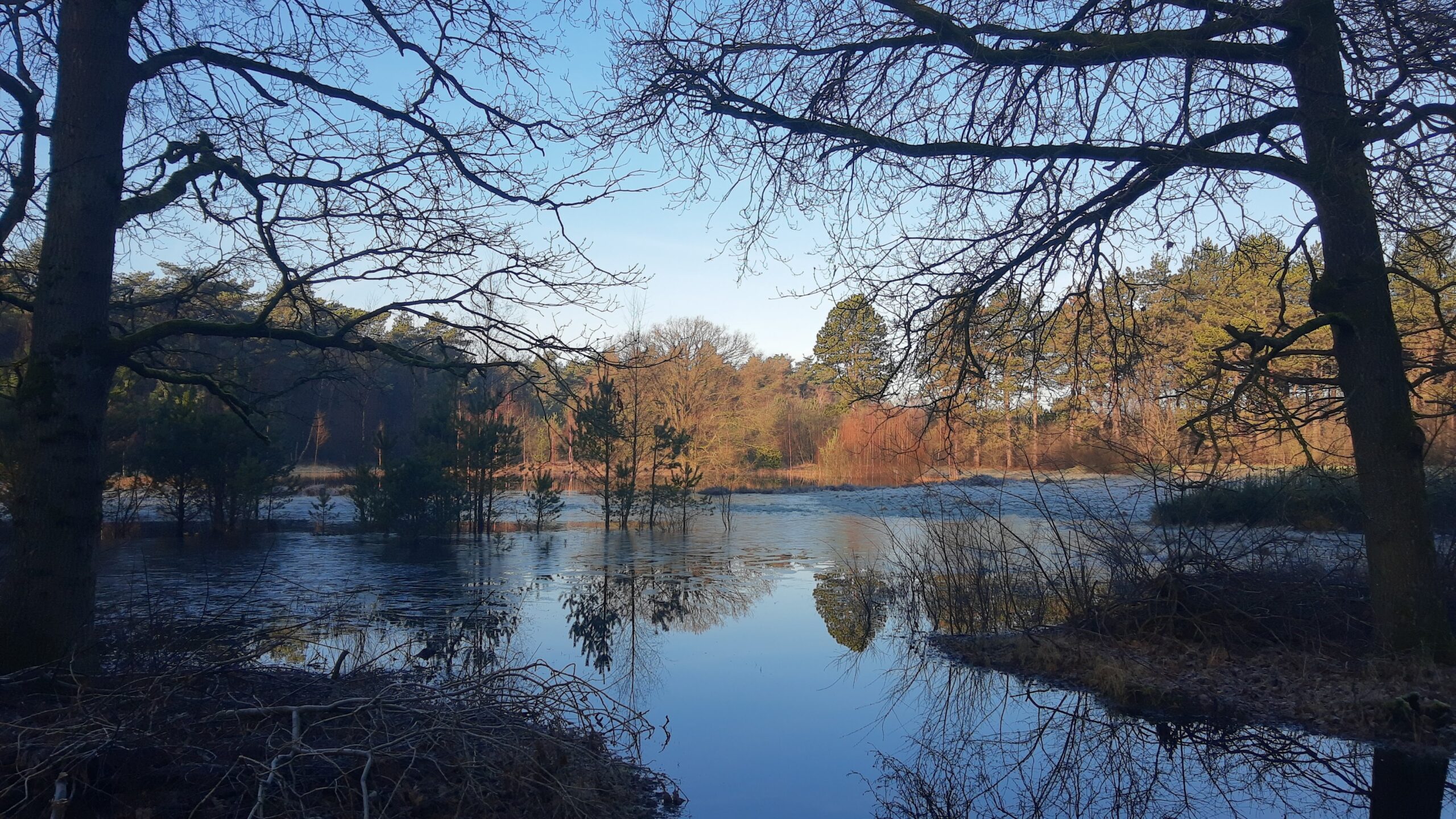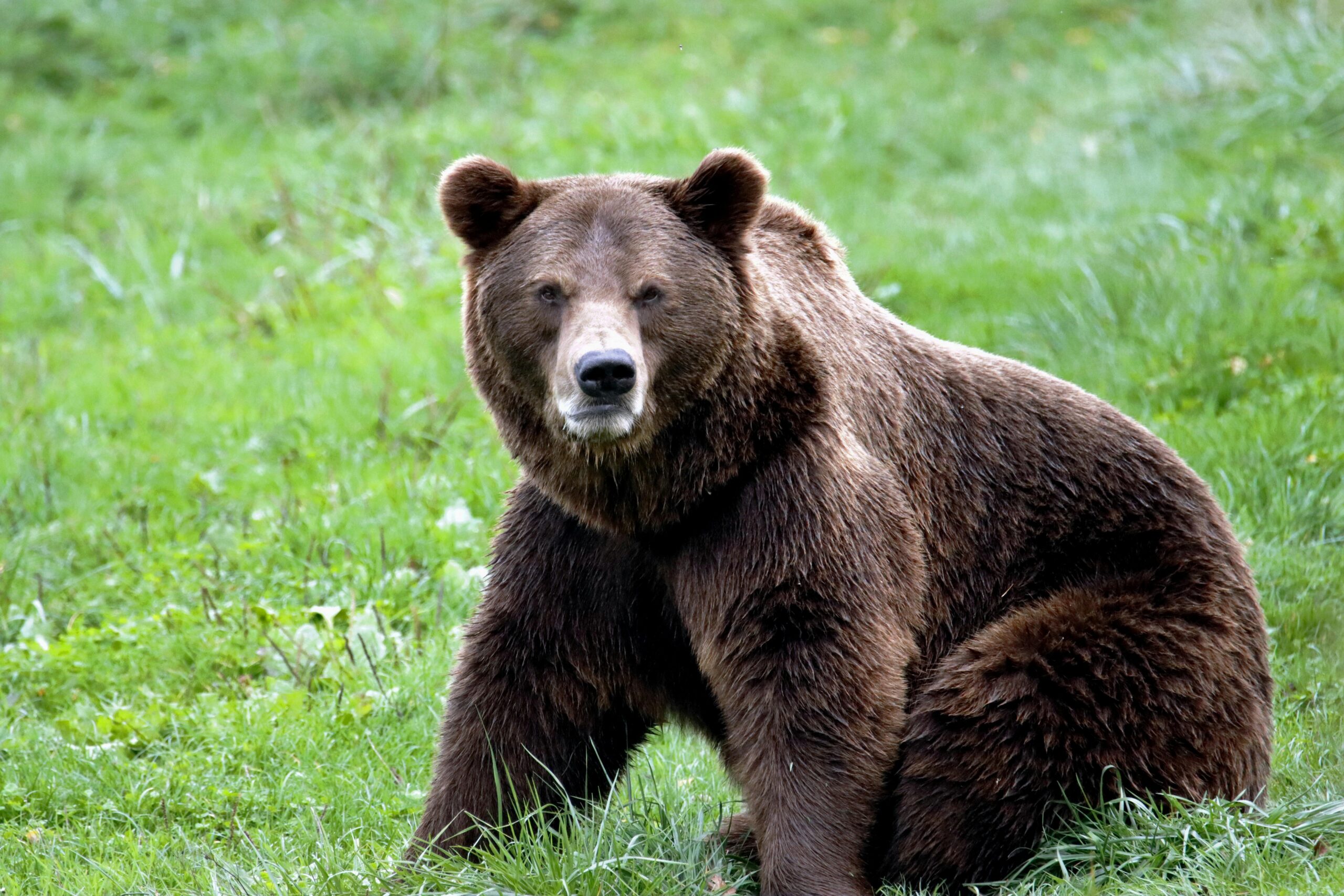The climate crisis and enormous decline in biodiversity present Europe with two scenarios. Or Europe will continue as usual and create an even greater separation between man and nature, with all the consequences that entails. Or European people work together with nature, exchange concrete for respect for the landscape, and let nature guide the design of their lives.
Two Disasters
The climate crisis and the enormous decline in biodiversity are confronting Europe with enormous problems. In both cases there is unprecedented exploitation of the earth and poor prospects for future generations, such as living day and night with an outside temperature of minimal 40°C. Europe uses almost three times its own surface area to live as it does now: how long can this continue? There are at least two scenarios that confront this, but what they have in common is their diagnosis: current national and international policy assumes a radical separation between humans and nature. Will that same earth, the set of conditions for all life, be destroyed in a few generations? People exploit the earth extremely. People: because there are plenty of civilizations that have not done that or do not do that, especially the inhabitants of the tropical forests.
The ecomodernist scenario
The two disasters – climate crisis and decline in biodiversity – arose because people want to eliminate natural processes in every possible way or control them very radically. The one scenario that follows, the business-as-usual scenario, also called the eco-modernist scenario, aims to make the separation of humans and nature even more radical and ‘improve’ natural processes even more. Plants absorb too little sunlight, we improve that; we grow vegetables in water in greenhouses; we build cities even more compactly, such as in Hong Kong; food has all kinds of chemical ingredients added to it, causing more and more people to suffer from obesity and diabetes; we look for other habitable planets. More economic growth, extracting and using more materials; large international corporations, who are not afraid of nation states, dictate production and collect the revenues from innovations through the sinister patent system.
The problems this scenario raises are enormous. Because why would an even more radical separation of man and nature solve its problems? In fact, this scenario ignores the enormous complexity of ecological processes. High-tech genetically modified crops cost more and more water, while there is already a shortage. Moreover, all these processes are extremely complex, and they always go through all kinds of new levels of coordination, organization and information processing. Nothing happens simultaneously, everything runs very diversely and sometimes several times via completely different paths with the same or equivalent result, such as life or consciousness or flying or swimming. Research into all these processes has been overturned in recent years and man has fallen from his unique throne as ruler of nature (the ideal of the philosophers Descartes and Bacon). It has become clear how many complicated processes over billions of years have created the possibility for the creation of humans. It will take billions of years before there is an Earth, billions of years before there is life with sunlight, billions of years before there is consciousness. Plants and animals communicate with each other about predators that threaten them and have developed defence mechanisms. But in this eco-modernist scenario, aimed exclusively at efficient yields, these (and many minerals) have often been refined away. Good soil provides a good home for at least a third of all living things and shares nutrients with the roots of plants. Plows and fertilizer disrupt these exchange processes and cause soil life to die out, so that water and carbon absorption are no longer possible. So, farmers have to irrigate more (three times more in recent years than in the 1980s); the climate is also warming. Furthermore, it has become clear how important natural processes are for human physical and mental health. A tree or shrub in your immediate vicinity already makes you healthier; People in poor neighbourhoods but with lots of greenery live as long as people in rich neighbourhoods, while without greenery they live ten years shorter.
Earthling scenario
The other scenario assumes the enormous importance of cooperation of humans with other earthlings. This is not about intervening and controlling nature, but about analyzing organic processes and examining how people can respond to them. Don’t turn rivers into canals but use beavers to make rivers meander and store water for the environment. Do not use all life-killing pesticides but use specific plants and animals as controllers in strip and mixed cultivation. Do not use concrete and cement for house construction but use crops such as elephant grass and bamboo. Do not prioritize economic gain and therefore keep calves with the cow and limit the livestock population. Don’t design streets for cars, but for greenery and walking and cycling users. Do not produce ready-made meals but promote food skills. Phasing out subsidies for unhealthy products, so that fruit and vegetables also become affordable for those with less means. Man is a cooking being, and the value of cooking for oneself must be redefined.
All these activities contain values that make people enthusiastic. Values are active ideals. They inspire people, but usually they are not dogmas. Moreover, most people realize that they are not one hundred percent feasible; and yet they are worth pursuing. The values at stake here concern man’s self-esteem, respect for nature and the environment, respect for animals, respect for the landscape and the role of farmers in this and respect for the active consumer, the ‘prosumer’. who participates with the producer). Instead of humans as rulers of nature, humans act as earthlings, alongside and with other earthlings. Instead of seeing the soil as a container in which you put some food, treat the soil as a breeding ground for life. Instead of energy-consuming machines, we use human and natural forces. Instead of treating the farmer as a profit-making entrepreneur, he is a nature mediator. Instead of seeing the consumer as a walking debit card, he is a cooking and meal organizing participant. Instead of building cities like blocks of concrete, edible greenery reduces heat stress and provides children with play opportunities, including for their playgroups. In all cases it concerns the priority for dealing with organic processes and not with mechanical processes. These changes certainly cost money, sometimes a lot of money. But the enormous damage that the eco-modernist scenario is now causing means many more costs: poor water quality; unhealthy food; climate crisis; decrease in biodiversity and therefore less fertilization by insects. And of course there is something to learn from parts of the industrial, eco-modernist scenario, but from a completely different perspective.
Europe’s future
The ecomodernist scenario of extreme separation of humans and nature runs into severe disasters, that make life impossible. Europe should fully focus on sharing with other earthlings. Local food production, biobased houses and cities, green education, more green spaces should be reintroduced everywhere. The European Union should stimulate this with a new Green Deal.

